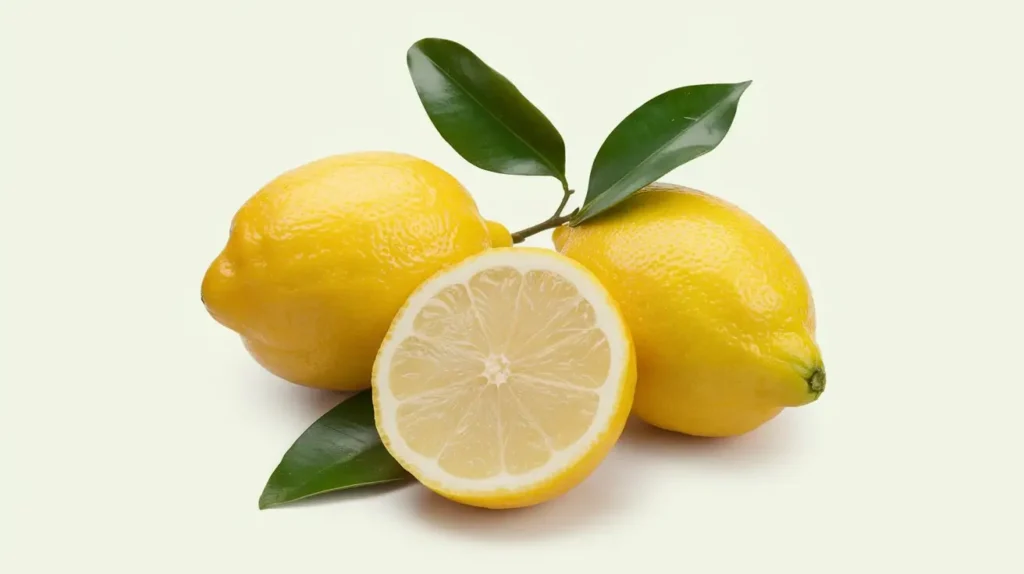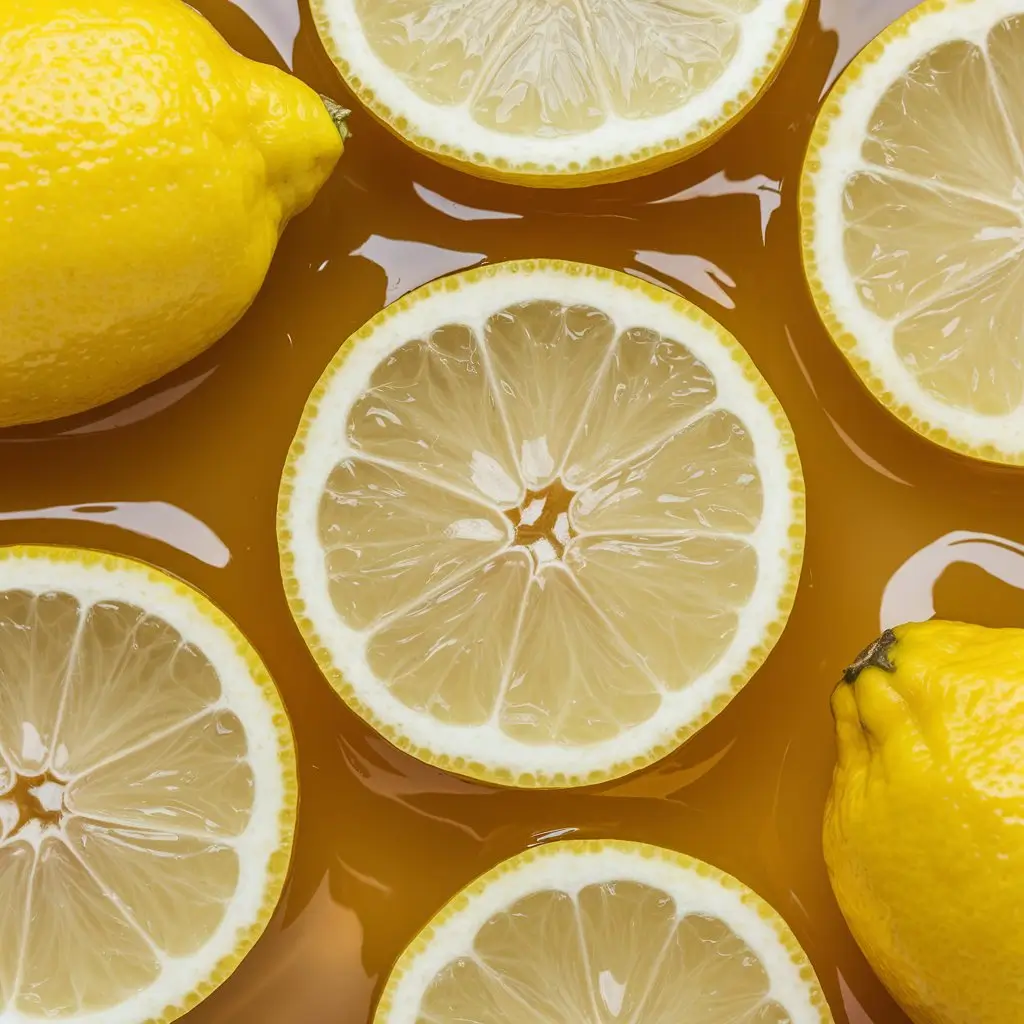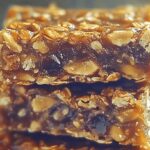Lemon juice is celebrated not only for its tangy flavor and versatility but also for its unique chemical properties. Understanding the type of ions in lemon juice provides insights into its behavior and applications. This article delves into the ionic nature of lemon juice, exploring its chemistry, uses, and significance. Moreover, we’ll offer practical tips and answers to common questions while connecting you to additional related topics on FoodGam. “what type of ion is lemon juice”
Understanding Lemon Juice: The Basics
Lemon juice, extracted from fresh lemons, is renowned for its sharp, refreshing taste. It consists primarily of water and citric acid, in addition to a combination of vitamins, minerals, and organic compounds that enhance its health benefits and versatility. Above all, its distinctive tanginess comes from its high concentration of citric acid. This characteristic is not only central to its culinary appeal but also directly related to its ionic composition. As a result, lemon juice is often used in a variety of applications beyond cooking.
What Creates Lemon Juice’s Tangy Flavor?
The tangy flavor of lemon juice can be attributed to its high citric acid content. For example, when citric acid dissolves in water, it dissociates into hydrogen ions (H⁺) and citrate ions (C₆H₅O₇³⁻). These hydrogen ions contribute to its sour taste and define its acidity. In addition, this dissociation lowers the pH of lemon juice, typically ranging between 2 and 3, making it highly acidic.
Moreover, this ionic activity gives lemon juice its ability to interact with other substances, such as neutralizing bases or reacting with certain minerals. In fact, its sourness is a direct reflection of the abundance of hydrogen ions it contains.
The Ions in Lemon Juice
Lemon juice stands out for its ionic properties, which influence its chemical behavior and applications. For instance, the presence of specific ions defines its acidity and reactivity. These include:
- Primary Ions: Hydrogen ions (H⁺) dominate the composition of lemon juice. In short, they are the main contributors to its sour taste and low pH.
- Secondary Ions: Citrate ions (C₆H₅O₇³⁻) are produced as citric acid dissociates in solution. Consequently, these ions form the backbone of its acidic properties.
- Trace Ions: Potassium (K⁺) and calcium (Ca²⁺) are present in smaller quantities. However, their role cannot be overlooked, as they contribute to the mineral content of lemon juice.
In addition, these ions interact to create the characteristic tanginess and chemical activity of lemon juice. Moreover, they make it a valuable component in a wide range of applications, from food preservation to cleaning.
How Do These Ions Interact?
When dissolved in water, citric acid releases hydrogen ions, which bond with water molecules to form hydronium ions (H₃O⁺). For example, this reaction not only contributes to acidity but also enhances its ability to act as a natural preservative. Similarly, citrate ions can form complexes with metals, explaining why lemon juice is effective at dissolving limescale.
On the other hand, trace ions like potassium and calcium play supportive roles. For instance, potassium ions aid in the regulation of cellular functions when consumed, while calcium ions contribute to bone health. As a result, lemon juice offers both practical benefits and nutritional value.
These ions work synergistically, making lemon juice a versatile substance in both culinary and non-culinary contexts. For more about similar acidic ingredients, visit Does Lemon Juice Go Bad? or Can Lemon Juice Go Bad?.
Is Lemon Juice Covalent or Ionic?
Lemon juice demonstrates a unique dual nature, exhibiting both covalent and ionic properties. In addition, this duality plays a key role in its versatility and wide range of applications.
Covalent Compounds in Lemon Juice
For example, water, citric acid, and ascorbic acid are covalent compounds present in lemon juice. In fact, covalent bonds are formed when atoms share electrons, which explains the stable structure of these compounds. Moreover, these covalent components are vital to lemon juice’s nutritional and chemical properties. As a result, they contribute to its health benefits and its use as a flavoring agent.
Ionic Behavior in Lemon Juice
On the other hand, lemon juice exhibits ionic behavior when certain compounds dissociate in water. For instance, citric acid dissociates into hydrogen ions (H⁺) and citrate ions (C₆H₅O₇³⁻). Consequently, these ions are responsible for its acidic nature and its ability to react with other substances. Similarly, the hydrogen ions lower the pH of lemon juice, defining its sour taste and preservative qualities.
Additionally, the presence of ions like potassium (K⁺) and calcium (Ca²⁺), although in smaller amounts, enhances the ionic properties of lemon juice. In contrast, these trace ions do not significantly affect its acidity but contribute to its overall mineral content and health benefits.
The Fascinating Dual Nature of Lemon Juice
Above all, what makes lemon juice truly remarkable is its ability to balance covalent compounds with ionic behavior. In short, it is neither fully covalent nor purely ionic but instead a combination of both. Because of this, lemon juice is not only a flavorful addition to food but also a powerful natural cleaner and preservative.
In conclusion, this fascinating duality highlights why lemon juice is such a multifunctional substance. Whether you’re using it for its tangy flavor, chemical reactivity, or health-promoting properties, its covalent and ionic characteristics work together to make it indispensable.

Applications of Lemon Juice’s Ions
Culinary Uses
Lemon juice enhances the flavor of numerous recipes. It can:
- Act as a natural preservative for fruits.
- Balance sweetness in desserts.
- Improve marinades and dressings, much like its role in dishes such as Moroccan Lemon Chicken Tagine.
Cleaning and Sanitizing
Lemon juice’s acidity is effective in cleaning. It can dissolve limescale, remove stains, and neutralize odors.
Health Benefits
With its rich Vitamin C content, lemon juice boosts immunity and aids digestion. Check out more health-inspired recipes on Easy Mediterranean Diet Recipes.
Practical Tips for Daily Use of Lemon Juice
Lemon juice is not just a kitchen staple; it offers numerous practical benefits for daily life. In addition, its versatility extends beyond cooking to cleaning, skincare, and beverages. Above all, these simple tips make it an essential ingredient in every household.
As a Natural Cleaner
Lemon juice is a powerful, natural cleaner due to its acidic nature. For instance, combining it with baking soda creates a fizzing reaction that helps lift stubborn stains. Moreover, this mixture can effectively remove grime from surfaces and restore shine to metals. In addition, lemon juice is an excellent deodorizer, neutralizing unpleasant smells in kitchens and bathrooms. As a result, it serves as a safe and eco-friendly alternative to harsh chemical cleaners.
For Skincare
Lemon juice can be incorporated into skincare routines, especially for oily or acne-prone skin. For example, using diluted lemon juice as a toner helps to reduce excess oil and tighten pores. Additionally, its natural antibacterial properties can help combat breakouts. However, it’s important to dilute the juice to avoid skin irritation and always follow up with sunscreen, as lemon juice can increase sensitivity to sunlight. In contrast, undiluted lemon juice may cause redness or dryness, so moderation is key.
In Beverages
In short, lemon juice can transform ordinary drinks into refreshing and healthful beverages. For instance, adding a splash of lemon juice to water not only enhances the flavor but also provides a dose of vitamin C. Moreover, it helps to support hydration and digestion. As a result, it’s a popular addition to detox waters and herbal teas. In fact, a few drops of lemon juice can elevate the taste of smoothies, cocktails, or even sparkling water. Because of this, it is a staple in many beverage recipes.
Conclusion “what type of ion is lemon juice”
The ionic properties of lemon juice are fundamental to its acidity, versatility, and wide-ranging applications. Its ions play critical roles in flavor, cleaning, and health benefits. Dive deeper into lemon juice’s storage and usage on Does Lemon Juice Go Bad? or explore more unique recipes and tips at FoodGam.
For more creative recipes and practical tips, visit Tasty, AllRecipes, or Delish. These platforms provide a wealth of ideas to complement your use of lemon juice in everyday life.
” what type of ion is lemon juice “







